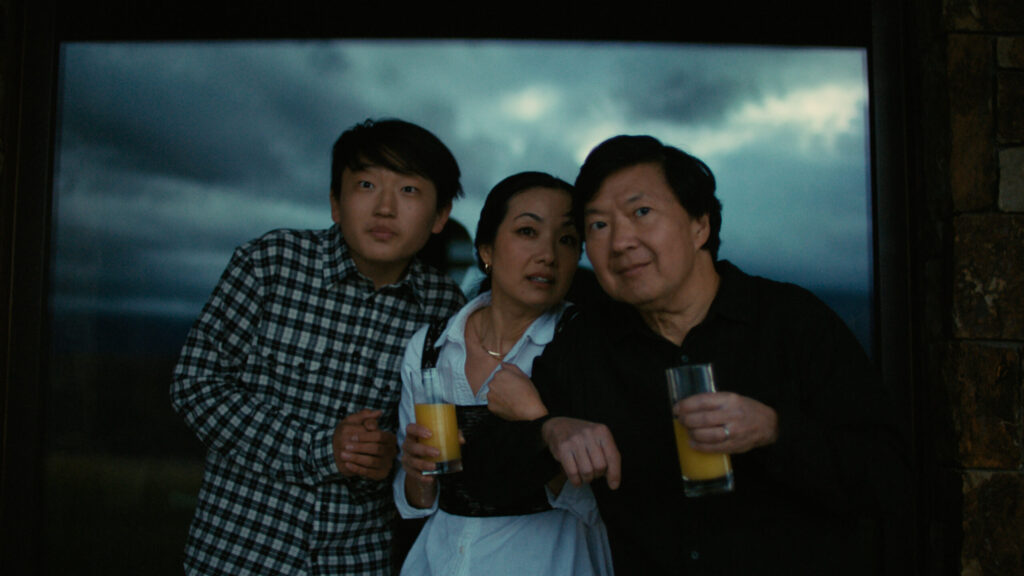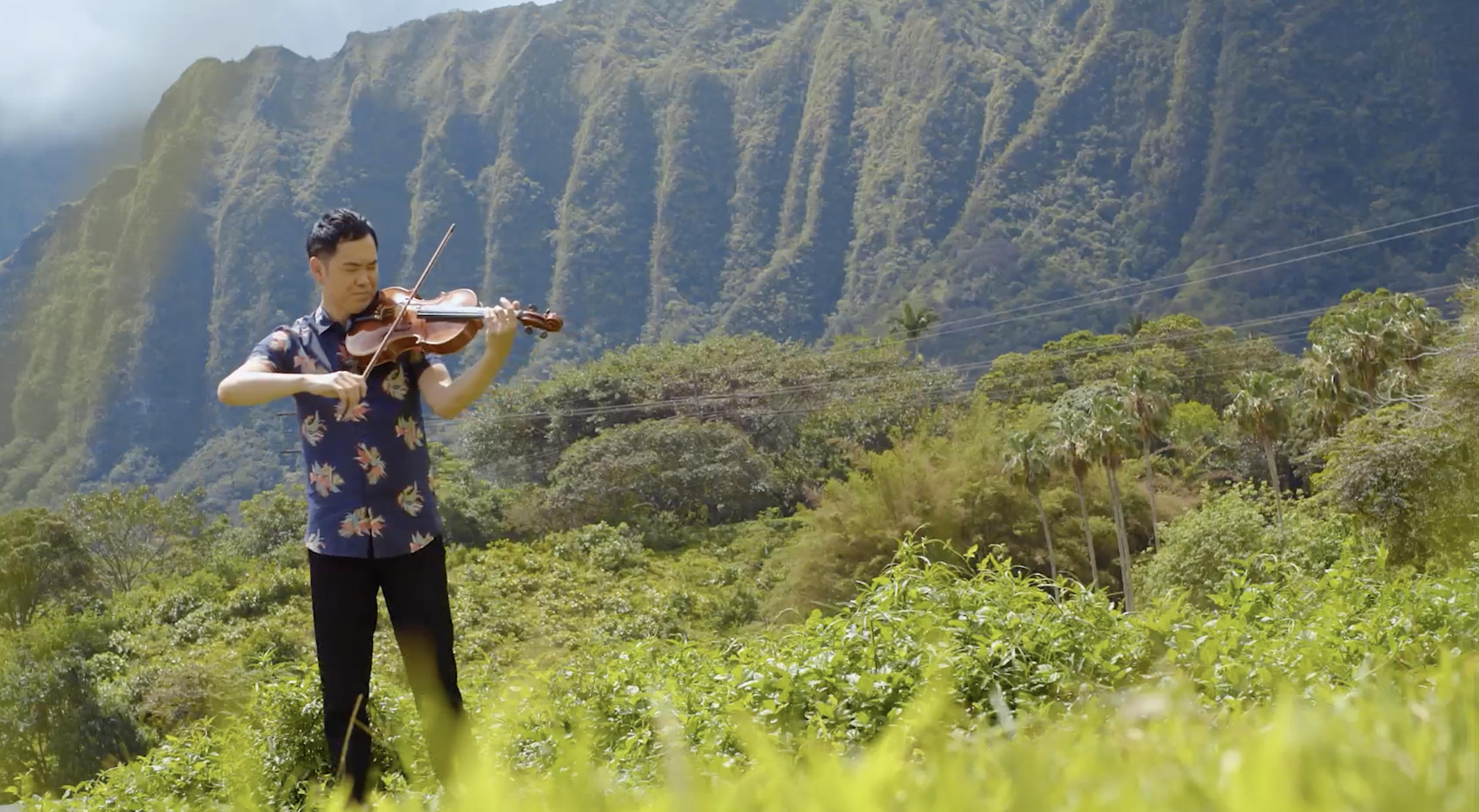Growing up Asian in Hawai‘i, one can argue that the Asian American experience is different from Asian Americans living on the continent. As a Gen X-er, I grew up in the 1980s, where the majority of my elementary school teachers were Japanese and female, my neighbors were Asian, Pacific Islander and Kanaka Maoli. But, is it a racial utopia, an “American” version of Singapore?
Hawai‘i was the first stop for many Asian immigration waves, starting with poor, migrant workers shipped over to work in the plantation system, seeking a better life. But as we reckon with the dark histories of the Islands, recognizing it as stolen land by American capitalists and governance, becoming a strategic chess-piece in the Cold War game, with inherent racism and pecking order of different ethnicities formed in a Plantation style strata, as well as the rise of Asian communities becoming a powerful and political force in government and the economy, we need to recognize the complicated relationships in being Asian American in modern, local culture.
It is right to recognize that Asian-settler colonialism is when settlers participate in colonialism but claim locality. To acknowledge this is the right step, while also celebrating the contributions of Asian immigrant waves that have made Hawai‘i a truly unique place, vibrant in cultural traditions and trends that people from all walks of life in the Islands practice through osmosis.
Being Asian American in this special place is highlighted in ASIAN|AMERICAN, a spotlight section generously sponsored by the Korean American Foundation of Hawai‘i (KAFH), in recognition of the 120th anniversary of Korean immigration to Hawai‘i, encapsulated in SONGS OF LOVE/UNFINISHED STORY. The programmatic intent of ASIAN|AMERICAN is to also explore the complexity of the Asian American experience, in both celebration and in the face of prejudice. There are films like A GREAT DIVIDE that explore racist policies like Japanese incarceration camps during WWII to the spike in #AsianHate crimes during the COVID pandemic.

But, there is also much to celebrate, especially in Asian immigrant contributions in Hawai‘i and the cultural exchange between nations, fortifying Hawai‘i as a bridge between East and West. From celebrating Asian American artists to exploring Asian Americans returning back to the Motherland, being both a foreigner in their “home country,” to off-kilter and humorous experiences in close-knit Asian communities, all personified in the ASIAN|AMERICAN Shorts. This section explores the many facets of the immigrant and uniquely American experience.
And why the “vertical slash” between Asian and American? With the common trend of dropping the “hyphen” between Asian and American, because it denotes and a dilution of being American or a binary choice of one or the other (ignoring mixed heritages, a commonality in Hawai‘i), the “|” is used in this sense to denote an “or” to show the uniqueness of the Asian American experience especially in Hawai‘i because of differently timed immigration waves, close proximity to Asia, and the uniqueness of being an Asian American in Hawai‘i in relation to the U.S. continent. Being Asian in Hawai‘i just hits different.
 Anderson Le is the Artistic Director of the Hawai‘i International Film Festival. Based in Los Angeles and Honolulu, Anderson diligently works in the global promotion of independent and world cinema through over two decades of film festival programming. He has programmed for other festivals ranging from the Los Angeles Asian Pacific Film Festival, Far East Film Festival in Udine, Italy, and Singapore International Film Festival. He was a program consultant for Comcast (2015-2019), working in providing monthly content for Xfinity on Demand. In his many travels, he has a knack to find karaoke and live his electric ’80s dreams belting songs (badly) into the night…
Anderson Le is the Artistic Director of the Hawai‘i International Film Festival. Based in Los Angeles and Honolulu, Anderson diligently works in the global promotion of independent and world cinema through over two decades of film festival programming. He has programmed for other festivals ranging from the Los Angeles Asian Pacific Film Festival, Far East Film Festival in Udine, Italy, and Singapore International Film Festival. He was a program consultant for Comcast (2015-2019), working in providing monthly content for Xfinity on Demand. In his many travels, he has a knack to find karaoke and live his electric ’80s dreams belting songs (badly) into the night…



